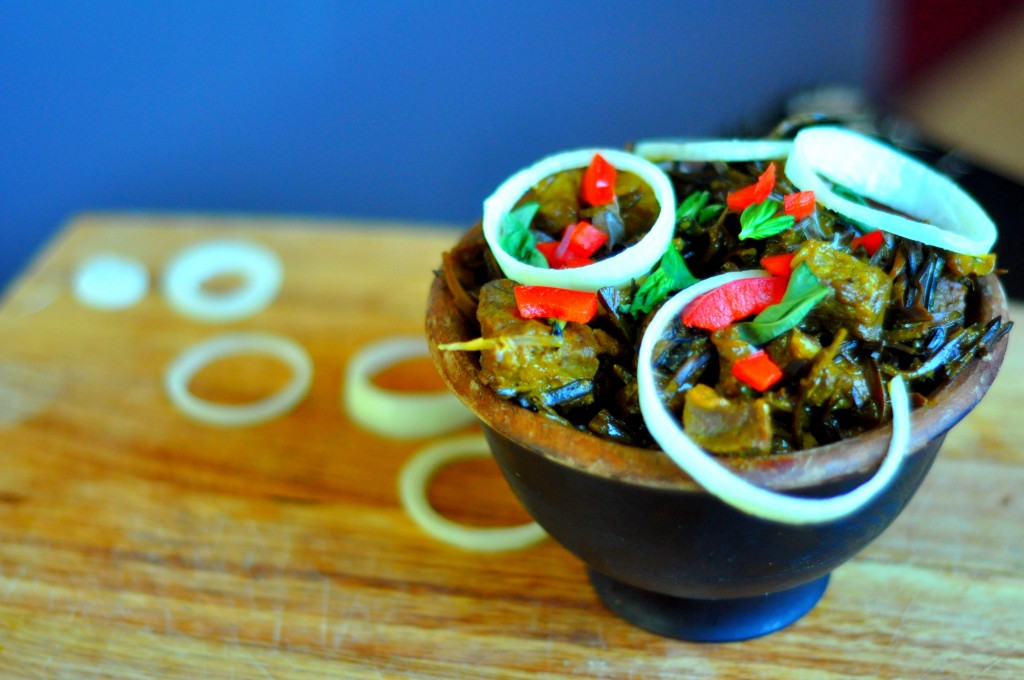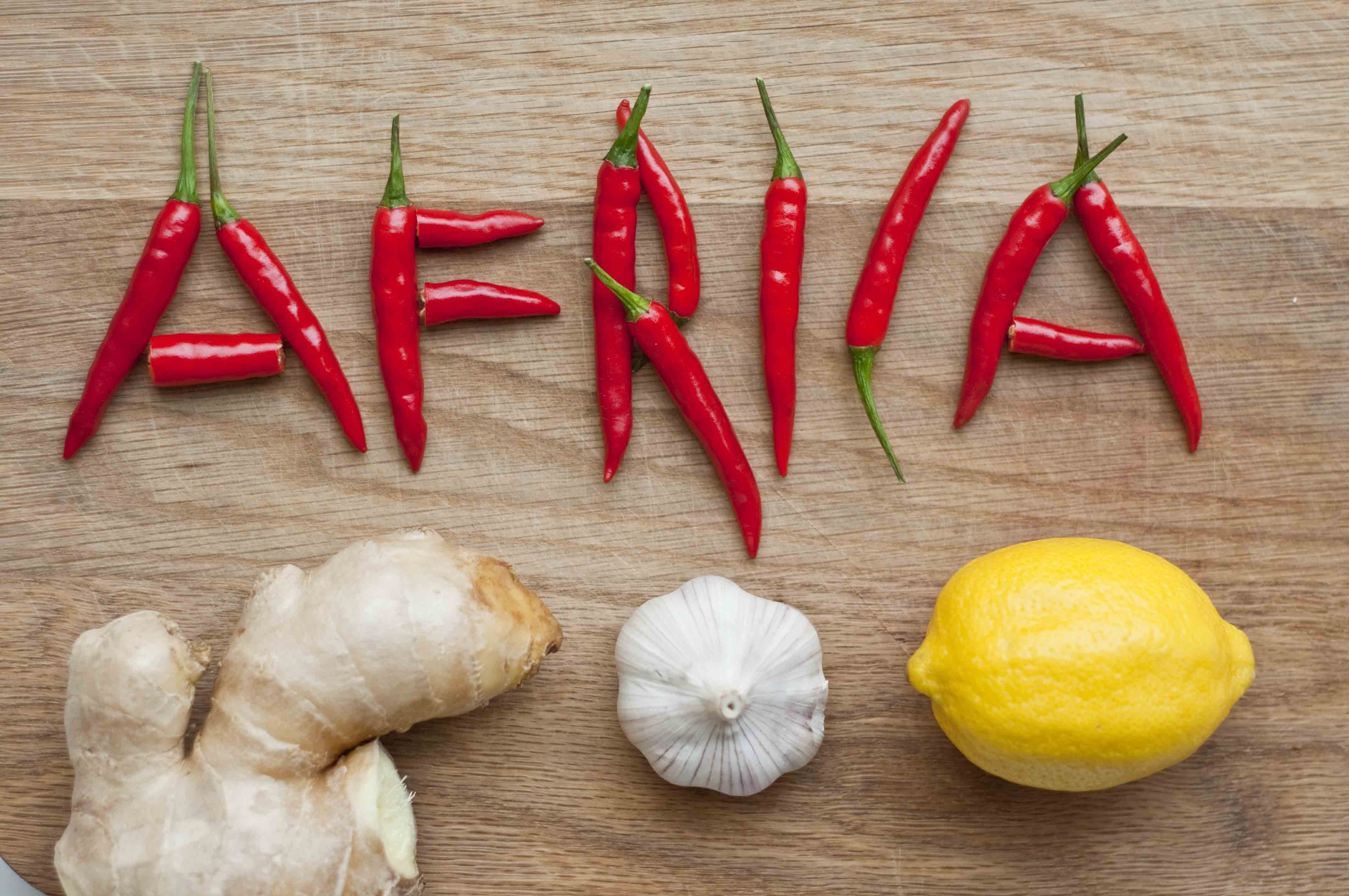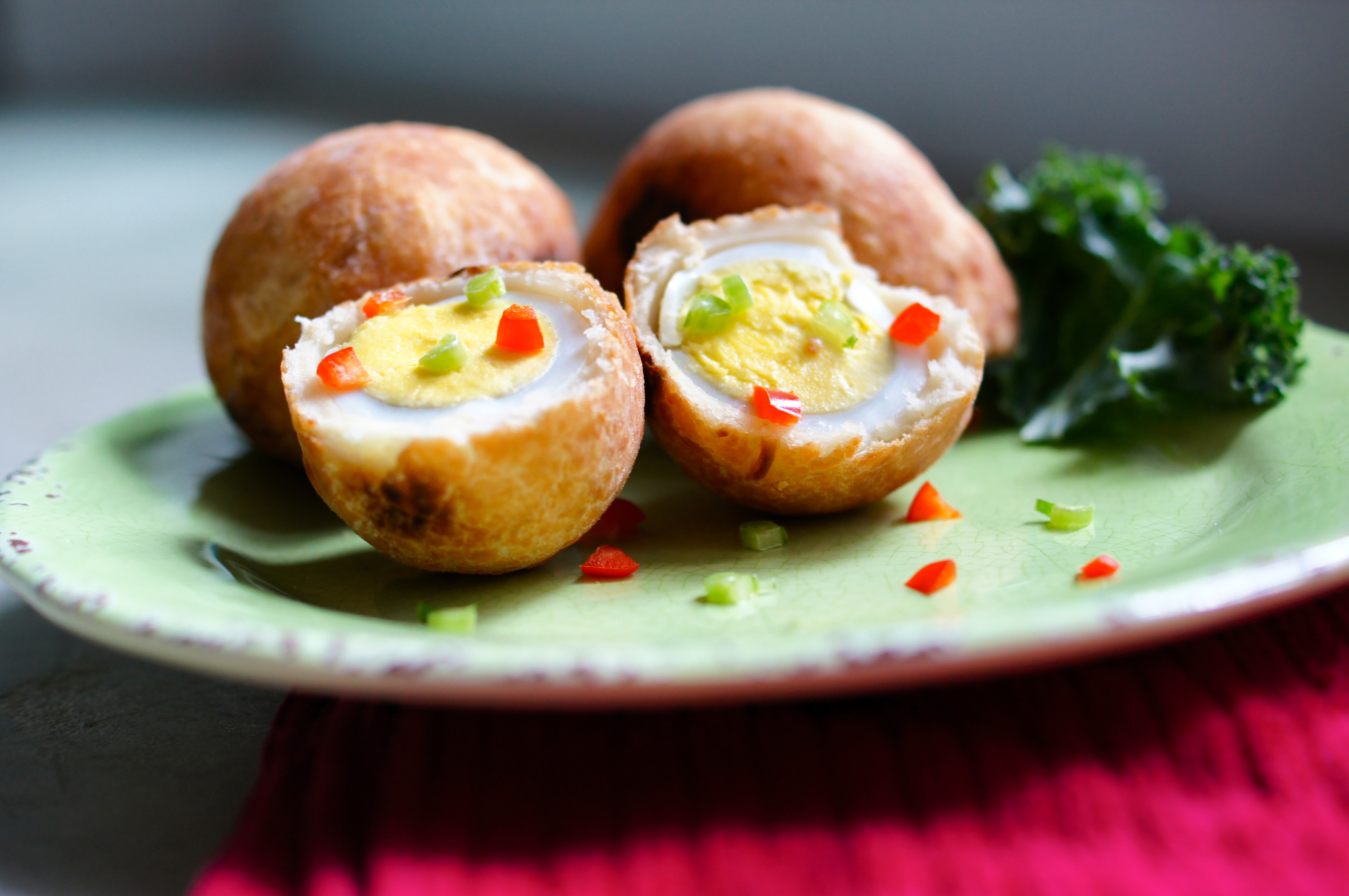Over the years I have received countless number of questions from members of the Nigerian Kitchen who require tips on making Nkwobi.
This evening meal has been around for a very long time, initially it was made with just bush meat (edible wild animals), the likes of squirrel, grass cutter, rabbit and even antelopes could be used to make nkwobi but along the line people starting experimenting with domestic animals and even poultry birds.
If you are among the folk that are asking “what is nkwobi?” here is a simple definition; It is Igbo delicacy that is made with different kinds of meats, in a little while you will read all the processes involved in making it and why it is very popular within the eastern part of Nigeria. You will also learn about all the ingredients used in making it and different kinds of meats that could also be used.
I remember vividly the first time I had a plate of Nigerian nkwobi, it was very delicious and very pepperish. Although you can use pepper to your taste. The last recipe I ate was made with chicken, but like I said initially, your choice of meat can vary but the methods remain the same.
Here are the ingredients that are used in making Nigerian nkwobi (for five to ten persons.)
- 2 kg Meat (chicken, wild meat, goat, cow tail, assorted meat)
- 2 cubes of knorr
- Utazi leaves – a handfull
- Edible potash (one teaspoon)
- Palm oil (half cup) 125ml
- Ugba – 1 cup
- Onions – 2 slice
- Salt and pepper to taste
The first step is parboiling the meat with some ingredients; onions, a cube of maggi/knorr and salt will be enough. Then allow to cook for another fifty to sixty minutes until the meat is completely soft.
This is necessary because nkwobi as well as Nigerian pepper soup is basically made with very soft meats, just so it is not hard to chew.
Most preparation processes take place in a small mortar, (an African carved hollow wood), but you can use a pot if you are not in Nigeria. This is just how it has been, some of Nigerian food customs have been around for years and we probably haven’t found a credible reason why they should be revoked.
Slice the onions and utazi, then set aside on a plate, some people choose to add these two during the preparation process while others use them for decoration purposes. One way or another, Utazi and onions should be part of the ingredients used in preparing Nigerian Nkwobi.
You can boil the ugba in small amount of water for about 2 to 3 minutes, this technique is hygienic, it helps to eliminate every possible health threat. Note that this ingredient is processed with the help of a harmless bacteria. This is just to be on the safe side even though most Nigerians eat ugba without heating in any way.
Cook the meat until it is almost dry, check to see the level of water. This is necessary so you don’t end up with another kind of pepper soup, Stir the cooking meat in the pot to be sure that it doesn’t burn. Did I say that it is also necessary to cut the meat to tiny bits?
Dissolve the potash in about 150ml (half cup) of water and filter about half a cup into the pot, you will learn a little bit about this from the video below. You will know exactly how this is done, although most Nigerians are familiar with this technique.
Add about half a cup of palm oil into the pot, stir to obtain a thick yellow paste (ncha) and you are just few steps away from having a very delicious nkwobi, also add two spoons of ground crayfish, Ugba, pepper and salt to taste, then stir very well before adding the meat.
Note: If the meat is too hot, it would dislove the “ncha” and turn it redish> allow the meat to cool for 10 minutes before using.
Add the sliced onions and utazi but reserve a little of both for decoration. The utazi is very necessary because it adds a faint bitter taste which is an integral part of nkwobi and some other Nigerian foods.
Stir, turn out in a round plate and decorate with sliced onion, pepper and utazi. That is just how to make a delicious plate of the popluar Nigerian Nkwobi.



